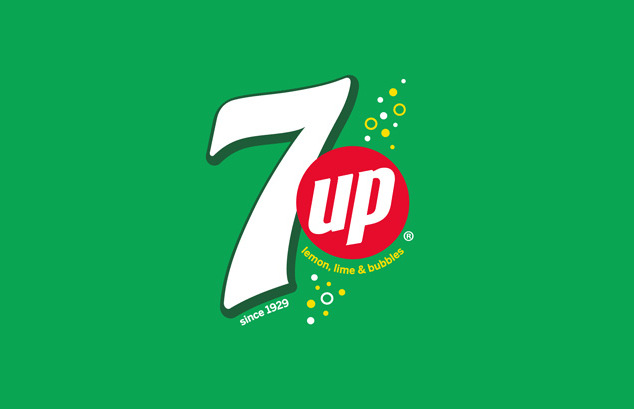Shareholders calls for quick forensic audit of Nigeria’s 7Up

Nigerian shareholders have called on the capital market regulators to commence a forensic audit of Nigeria’s 7Up Bottling Company to unravel circumstances surrounding recent news of a planned buyout by Affelka, its parent company.
The shareholders who spoke to Daily Sun on telephone had argued that they were unconvinced that the recent takeover notification of the company was not fraudulent scheme as there was no reason to suggest the firm was doing badly in its sector.
Recall that Affelka, majority shareholder of Seven-Up Bottling Company, had last week offered to pay $60 million (₦19.33 billion) to buy out minority shareholders in Nigerian operation. According to the proposal, the buyout is aimed at restructuring the struggling company.”
Affelka is the privately held investment firm owned by Lebanese El-Khalil family and it is offering to pay ₦112.70 per share for the minority stake of 171.5 million shares. This is an 18 per cent premium to last Thursday’s share price of ₦95.50.
“As of now, we have received an offer from the majority shareholder of the company. It’s a financial restructuring,” said Sunil Sawhney, vice chairman of 7Up Bottling Company. He said the company has been making losses for some time and that the deal was aimed at restructuring the bottler, which distributes PepsiCo’s 7Up, Pepsi and Mirinda-branded drinks.
But minority shareholders in Nigeria rejected Sawhney’s explanation, pointing out that they seriously smelled a rat, and argued that the notification was out to short-change local investors.
According to Alhaji Gbadebo Olatokunbo, a shareholder activist, the 57 years old company is making good sales and profit with very good price at the NSE with the good result and return on investment in 2014. But suddenly, by the first half of 2015, something known only to its few foreign team within the company happened and the company started reporting losses.
“The drift continued and the same powers behind the scenes are now ready to buyout local investors at their price,” Olatokunbo wondered. He asked, “Why the renewed interest of the majority shareholders in a suddenly sick company? Why are they now interested in the takeover when the company wasn’t growing? How are we sure they weren’t the brains behind the unexpected bad results?”
Olatokunbo stated: “We are of very strong view that the proposed injection of $60 million is part of our profit on investments in 7Up, which was denied us and now about to be presented as a bailout-fund for a very solid 7Up Company, which we view with serious suspicion. It is a slap on our collective business senses and we hereby ask for a forensic audit of our company, 7Up, from 2014.”
In his own reaction, the President, Nigeria Shareholders Solidarity Association (NSSA), Timothy Adesiyan, said the news of the buyout offer was very disheartening. “We thank God for the life of the former President, Olusegun Obasanjo, who made it possible for Nigerians to be part owners of these multinationals because it was during his tenure that a law was made, which made it possible for Nigerian shareholders to be part owners of these companies. But what is happening now is very disheartening because the gimmick is to shut out the local investors.
“The Securities and Exchange Commission (SEC) and Nigerian Stock Exchange (NSE) are not helping matters because most of the people there now don’t know what it took the former president to make Nigerians part owners of these multinationals,” he lamented.
He appealed to the Federal Government to look into the matter to stop foreigners from short-changing local investors because they are making money here.
For his part, Boniface Okezie, National Coordinator, Progressive Shareholders Association of Nigeria (PSAN), blamed SEC and NSE. According to him, “we saw it coming. Since SEC and NSE approved the delisting of NBC, we knew that others will follow suit. What are they restructuring?,” he asked.
He explained that all boils down to short-changing local shareholders, adding that they are just after the buyout to delist from NSE and then, escape from corporate governance code because they are no longer listed.
Okezie, however, urged the capital market regulators to subject 7Up to rigorous test to confirm some of its claims and also not to renege on its regulatory role of protecting minority shareholders.









0 Comments